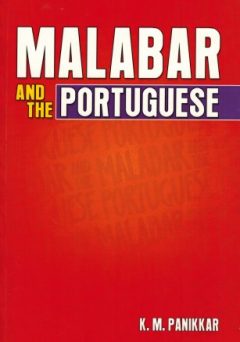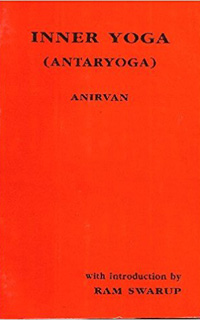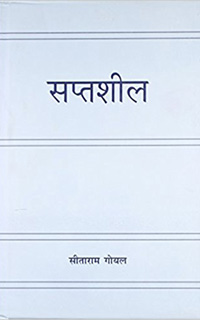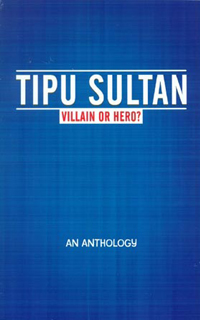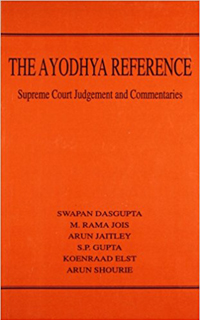Malabar and the Portuguese
K.M. Panikkar (1895-1963) became well known as a distinguished administrator and diplomat. But the field in which he really excelled was history. His best work, Asia and western Dominance, was published in 1953, and raised a great uproar in Christian missionary circles, particularly in India. He had documented the role of Christian missions as accomplices of Western in 1929, was a prolegomenon to what came twenty-four years later.;It is customary to speak about the ‘Portuguese Empire’ in India as if it were something distantly alike, and predecessor to, the British Empire. The Portuguese never had any ‘Empire’ in India. They had a few coastal towns, and their authority never extended beyond a few miles of their naval bases. So far as Malabar was concerned this was undoubtedly the case. The hundred years’ was with the Zamorin, which was essentially a bid for land power, failed miserably with the capture, by that ruler, of the fortress at Chaliyam in 1599. The result was that, except in Cochin and Quilon, the Indian rulers strongly resisted their encroachments and were always in open fight against their pretensions. Never were they able to gain either the confidence or the respect of the people with whom they came in contact. The popular idea, which was on the whole right, was that the Portuguese were, as a nation, treacherous, untrustworthy and barbarously cruel. Whenever there was an opportunity for plunder, they never allowed either considerations of humanity, religion or good faith to stand in their way. The Portuguese came to India with a Cross in the one hand and a sword in the other. King Joao III (1557-1578) was particularly anxious about the spread of Christianity and wrote to the Viceroy Joao de Castro demanding that all the power of the Portuguese should be directed to this purpose. ‘The great concernment which lies upon Christian princes to look to matters of Faith and to employ their forces for its preservation makes me advise you how sensible I am that not only in many parts of India under our subjection but in our city of Goa, idols are worshipped, places in which our Faith may be more reasonably expected to flourish; and being well informed with how much liberty they celebrated heathenish festivals we command you to discover by diligent officers all the idols and to demolish and break them up in pieces where they are found, proclaiming severe punishments against any one who shall dare to work, cast, make in sculpture, engrave, paint or bring to light any figure of an idol in metal, brass, wood, plaster or any other matter, or bring them from other places; and against who publicly or privately celebrated any of their sports, keep the Brahmins, the sworn enemies of the Christian profession . It is our pleasure that you punish them with that severity of the law without admitting any appeal or dispensation in the least.’ The Christians of the Syrian Church had been treated generously by Hindu Rulers who had allowed them to live without molestation or interference. They lived in religious matters under their own Metrans. And yet, though the Hindu Rulers had treated them like this, at the very first opportunity, they hastened to disclaim their allegiance and to accept the sovereignty of the King of Portugal. Even accepting that the connection with Europe has been beneficial to India, it is open to doubt whether a century and a half of barbarous outrages, of unscrupulous plunder and of barren aggression, is not too great a price to pay for the doubtful benefits of having the way opened for other European traders. India’s own direct trade was ruined, and, in its place, there was established a monopoly by alien races, which had the effect of draining the wealth of India into Europe. The Portuguese of the 16th and the 17th centuries had nothing to teach the people of India except improved methods of killing people in was and the narrow feeling of bigotry in religion.

